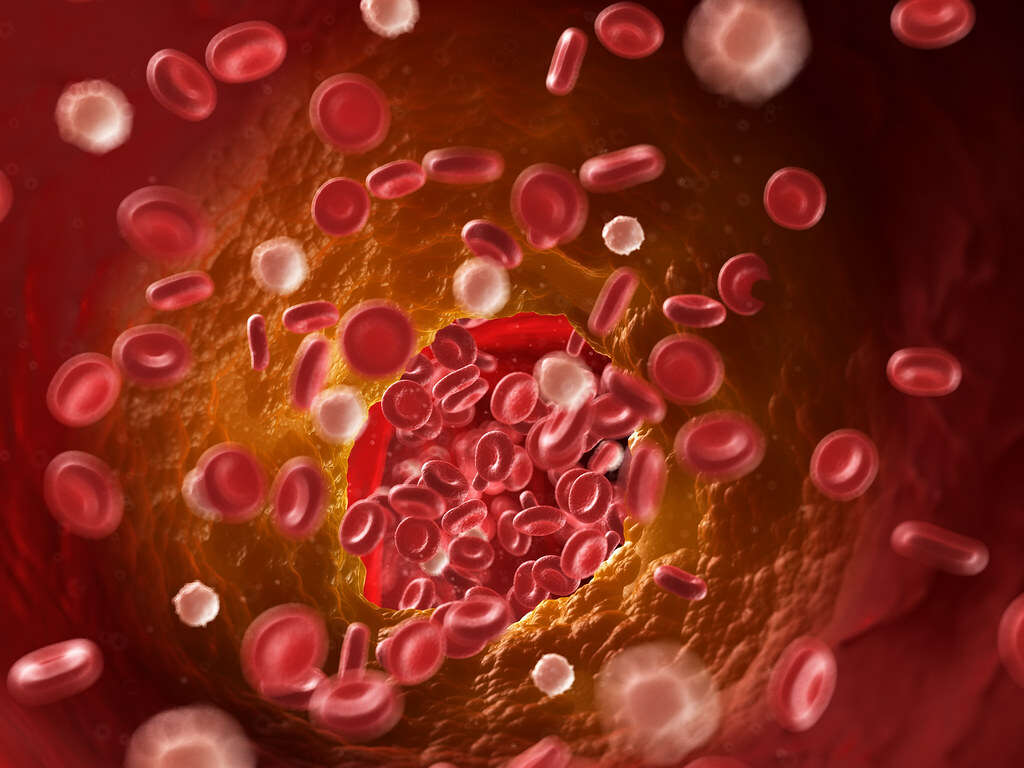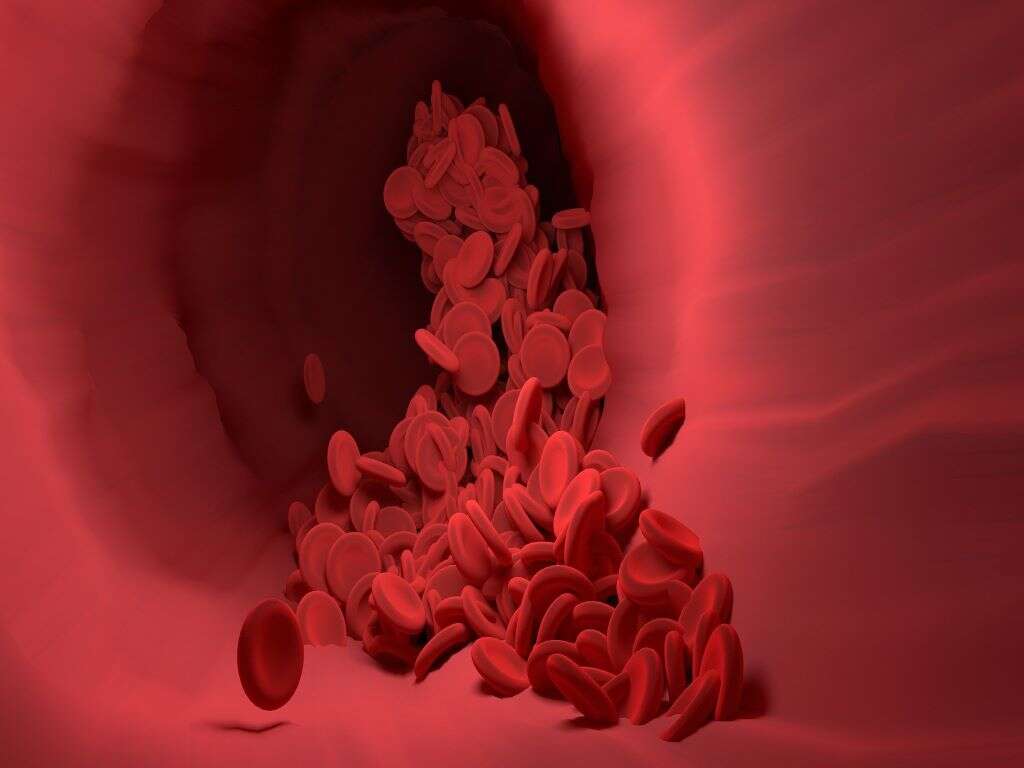Blood Poisoning Symptoms, Treatments and More
 Article Sources
Article Sources
- 1. 'Blood Poisoning: When to See a Doctor.' Mayo Clinic, Mayo Foundation for Medical Education and Research, 22 Apr. 2020, www.mayoclinic.org/blood-poisoning/expert-answers/faq-20058534
- 2. NHS Choices, NHS, www.nhs.uk/conditions/sepsis/.
- 3. NHS Choices, NHS, www.nhs.uk/conditions/sepsis/who-can-get-it/.
- 4. NHS Choices, NHS, www.nhs.uk/conditions/sepsis/treatment-and-recovery/.
- 5. 'What Is Sepsis?' Centers for Disease Control and Prevention, Centers for Disease Control and Prevention, 27 Jan. 2021, www.cdc.gov/sepsis/what-is-sepsis.html.
- 6. 'Get Ahead of Sepsis – Know the Risks. Spot the Signs. Act Fast.' Centers for Disease Control and Prevention, Centers for Disease Control and Prevention, 27 Aug. 2020, www.cdc.gov/patientsafety/features/get-ahead-of-sepsis.html.
- 7. 'Sepsis.' Mayo Clinic, Mayo Foundation for Medical Education and Research, 19 Jan. 2021, www.mayoclinic.org/diseases-conditions/sepsis/symptoms-causes/syc-20351214.
10. Aiding Recovery
The important thing to remember is that blood poisoning is a life-threatening condition and recovery takes time. It's important not to rush recovery; a person may not be able to work or be as active as they were before sepsis.
Gentle exercise can help the body become stronger. It's important to eat, but small frequent meals may be easier than large ones for a person with a lowered appetite. There are also support groups and treatments that can help with post-sepsis emotional symptoms.4NHS Choices, NHS, www.nhs.uk/conditions/sepsis/treatment-and-recovery/.
Advertisement











